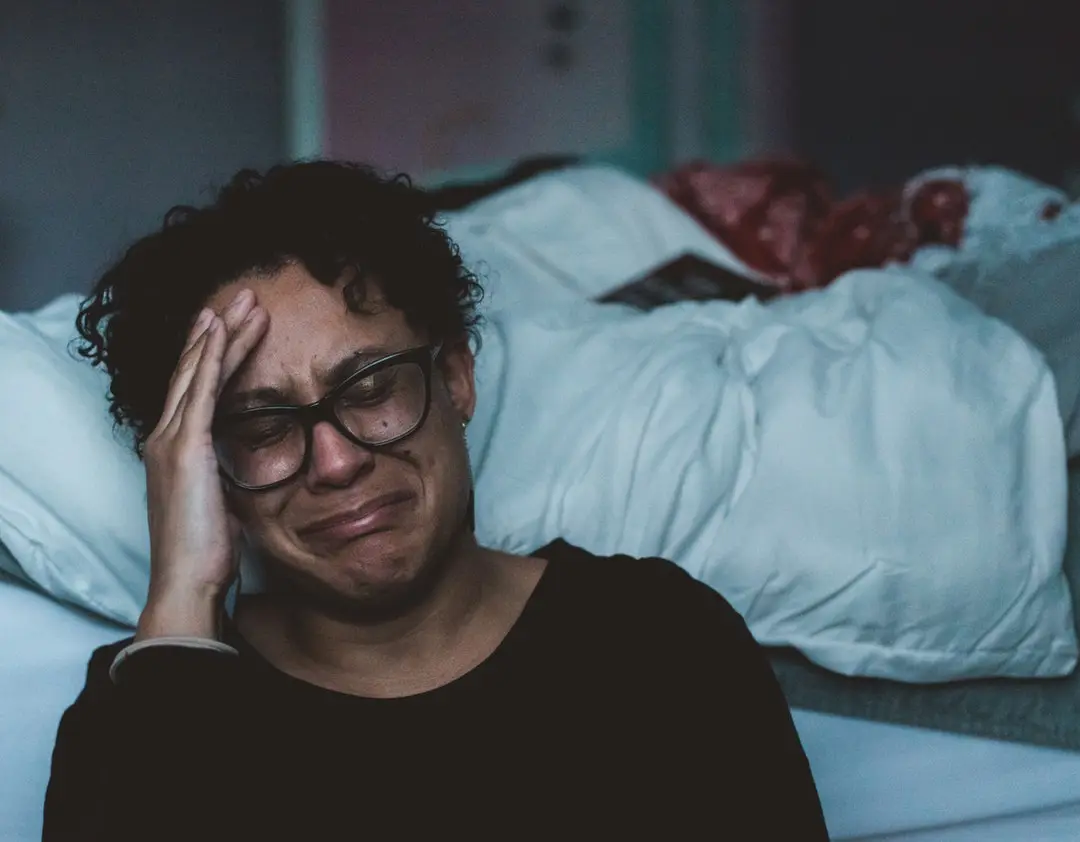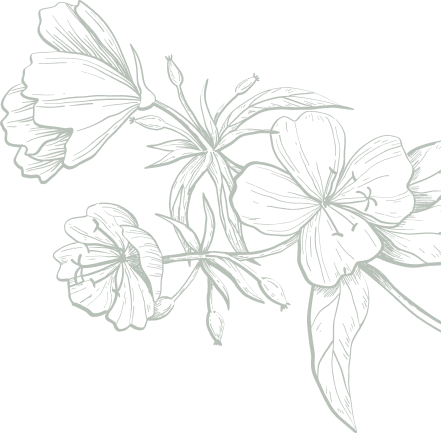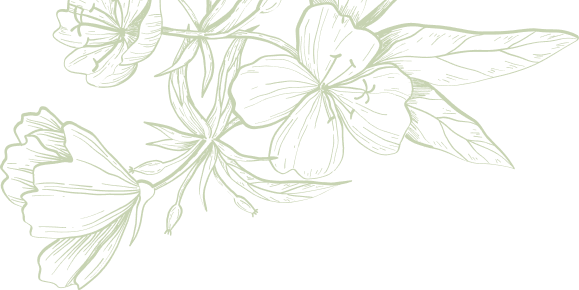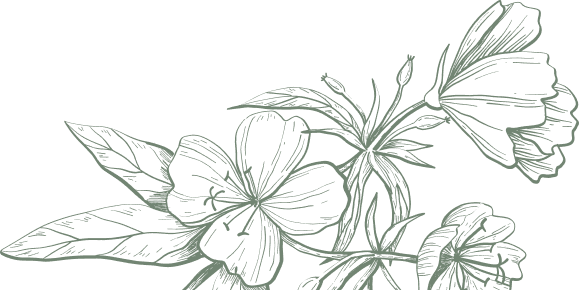According to the CDC, 4.7% of adults over the age of 18 in the US experience regular feelings of depression. It is estimated that more than 264 million people around the world suffer from this mood disorder.
Researchers and scientists aren’t exactly sure what causes depression. There are a number of factors, though, that they think might play a key role in the onset of this disease, including genetics, stress, trauma, hormones, and other illnesses.
It can be difficult sometimes to tell the difference between normal experiences of sadness and a mental health issue. However, there are some common signs of depression that can help you understand whether you are suffering from this disorder.
Let’s take a look at common depression symptoms to help you determine whether or not it’s time to see a mental health professional.
What Is Depression?
Depression, also known as major depressive disorder, is a mood disorder that negatively impacts the way a person feels, thinks, and acts. A person with depression might experience feelings of loss, sadness, or anger that get in the way of their ability to perform everyday activities.
Everyone feels down sometimes, and feeling sad doesn’t necessarily mean that you have depression. However, if feelings of hopelessness or sadness become the norm, you might be suffering from depression. This is a serious medical condition, but there are also treatment options available.
Disinterest in Activities
One of the common signs of depression is when an individual no longer finds enjoyment or pleasure in the things that they once loved. This is typically one of the first depression symptoms that other people might notice as a change in the depressed individual. Social activities, former hobbies, and other things a person used to look forward to might no longer interest them.
Having a Hopeless Outlook
Major depressive disorder impacts the way a person feels about their life overall. A person who is suffering from depression might have a helpless or hopeless outlook on life. In fact, this is the most common depression symptom.
Sleep Problems
Depression can lead people to either oversleep or to suffer from insomnia. There is a strong link between sleep and mood, and researchers believe that sleep problems can contribute to depression as well as depression causing sleep problems.
Loss of Energy
A person with depression might feel sluggish, fatigued, and physically drains. Small tasks can feel unapproachable difficult and might take longer to complete than they used to.
Changes in Weight and Appetite
Depression can impact the way a person relates to food. Some people might eat less or lose their appetite when they’re depressed, while others might turn to food for comfort.
Anxiety
It is common for anxiety and depression to co-occur. Some of the symptoms of anxiety include:
- Restlessness, nervousness, or tenseness
- Rapid heart rate
- Feelings of dread, panic, or danger
- Muscle twitching or trembling
- Heavy or increased sweating
- Trouble focusing on anything other than the subject of your worry
Anxiety is a natural response to stress. However, feelings of anxiety that interfere with your life or last for longer than six months might indicate that you have an anxiety disorder.
Self-Loathing
Depression can lead a person to criticize themselves harshly for what they see as their mistakes and faults. A person with depression might be riddled with strong feelings of guilt and worthlessness.
Concentration Problems
Cognitive functions can be impacted by depression. This includes the ability to make decisions, focus, or remember things.
Reckless Behavior
For some individuals, depression can lead to engaging in reckless and escapist behavior. These include behaviors such as alcohol abuse, substance abuse, reckless driving, compulsive gambling, or dangerous sports.
Physical Pains and Health Problems
Even though depression is a mental health disorder, that doesn’t mean it can impact you physically, too. In addition to feelings of fatigue and weight changes, some other physical symptoms might accompany depression, including:
- Chronic pain conditions
- Headache
- Backache
- Digestive problems
There is also some research to suggest that people with major depressive disorder are more likely to experience certain diseases. These include:
- Autoimmune conditions
- Heart disease
- Arthritis
- Type 2 diabetes
- Cancer
Physical issues and depression are intimately linked, as depression can cause and intensify pain while experiencing pain can lead to depression. People who have chronic pain are three times more likely to develop psychiatric symptoms like anxiety or mood disorders. At the same time, people with depression are three times more likely to develop chronic pain.
Anger or Irritability
When you think of depression, anger isn’t often the first emotion that comes to mind. However, it isn’t unusual for a person with depression to display overt or suppressed anger and irritability.
Low Sex Drive
A person’s libido can decrease when they suffer from depression. There are a number of reasons why this might occur.
For one, low energy levels and fatigue can make the notion of engaging sexually with a partner less compelling. The loss of interest in pleasurable activities that accompanies depression can also lead the depressed individual to be less interested in sex. Lastly, low self-esteem can cause a decrease in sex drive.
If you’re experiencing issues in your relationship, you can learn about the benefits of couples therapy here.
Are You Experiencing Any of These Signs of Depression?
Without proper treatment, depression can get worse. Receiving treatment can help to improve your quality of life and reduce your depression symptoms.
It is common to combine both medical treatment approaches with therapeutic lifestyle changes to treat depression. Talking to a healthcare professional can help you understand what your different treatment options are and what might work best for you.
Meeting with a therapist is one common ingredient of depression treatment. Through counseling, a person with depression can learn skills to help cope with negative feelings.
If you’ve been experiencing any of these signs of depression, consider contacting this private practice today for an appointment.




